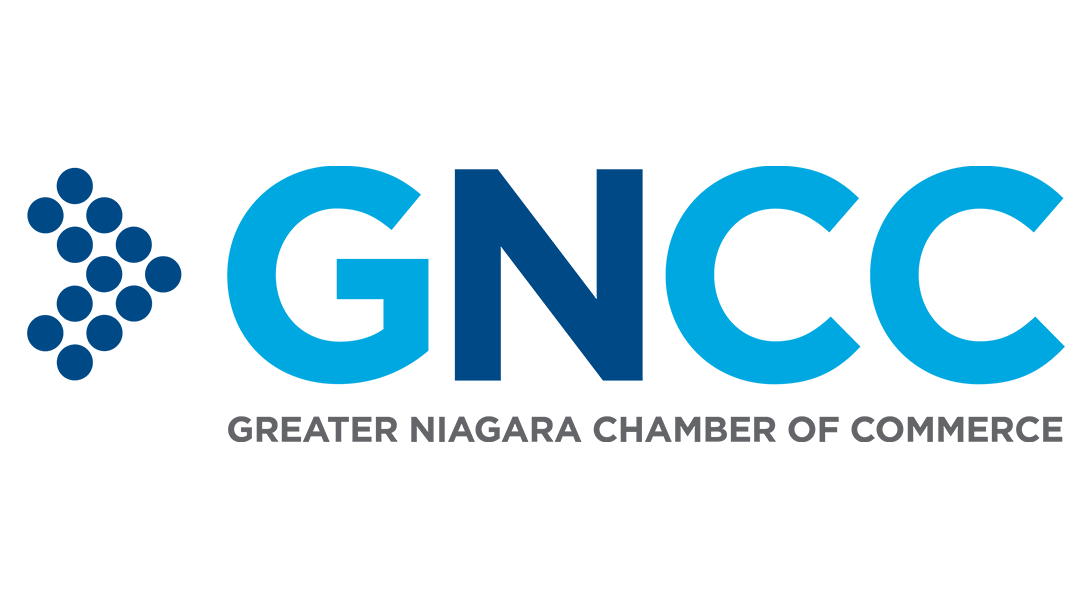The Rt. Hon. Justin Trudeau
Prime Minister of Canada
Hon. Scott Moe
Chair, Council of the Federation
Bill Karsten
President, Federation of Canadian Municipalities
July 20, 2020
RE: THE ONGOING RECOVERY OF OUR RESTAURANTS AND FOOD SERVICE INDUSTRY ACROSS CANADA
Dear First Ministers and Municipal Leaders:
Our restaurants are cornerstones of communities of all sizes across Canada. They’re meeting places for business and pleasure; they’re where we celebrate; they’re where we gather to mourn a loss. The local restaurant is where many of us worked our first part-time gig, or went on a first date, or stopped by when we needed to see a friend. Canadians are connected deeply to “their” local pub, or “their” late-night takeout spot.
Pre-COVID, the economic impact of our restaurants on Canadians was deeply felt. The industry directly created one out of every 15 jobs (1.2 million Canadians), served 22 million meals per day to Canadians, operated close to 100,000 establishments, paid Canadians $30 billion of wages and benefits, and contributed $31 billion annually to Canada’s GDP.
When the pandemic hit, our restaurants were among the first and the hardest hit. Notwithstanding their own losses, which includes 800,000 jobs lost, the food services industry stepped up to serve their communities, their customers, and continued to bring Canadians together – just in new and innovative ways. But despite their best intentions and best efforts, the food services industry will be among the last to resume normal operations, on a timescale stretching at least into the next 12-18 months.
As our country went into the necessary lockdown, governments of all sizes and types worked together to get Canadians through the crisis. Many businesses are now working to reopen and recover. However for the food service industry, the picture is different.
Food service locations already operate on thin margins when tables are full, given high fixed costs, a seasonal nature, being highly liquid, and working with a perishable inventory. The reality now with COVID-19 in our midst for the foreseeable future is that the necessary safety requirements both limit revenue and further increase costs. Continued operation for the majority of our restaurants is, at best, uncertain. Government programs as they are presently designed are not equipped for the timescale of this ongoing reality for this industry.
Across our country, at all levels of government, urgent action needs to be undertaken to ensure our restaurants can continue to be there for us. Some of those items include:
Federal
- Implement the proposed Canada Emergency Wage Subsidy (CEWS) improvements and continue to create incentives for Canadians to return to work.
- Eliminate the automatic annual federal excise tax increase on beer, wine, and spirits.
- Start to encourage Canadians to return to pre-COVID activities while observing safety measures, such as masks.
Joint Federal-Provincial/Territorial
- Extend the CECRA program, remove parent company revenue eligibility cap (removing the cap would prevent franchisees from falling through the cracks), and explore a means to substantially increase program subscription.
Provincial/Territorial
- Implement and monitor a commercial eviction moratorium.
- Expand liquor licencing, or make permanent COVID-related licencing changes, to allow more restaurants to offer alcohol sales (including for take-out).
Municipal
- Reduction or deferral of property taxes, patio fees, utility fees, and other fees as relevant.
- Ease regulatory burdens, which assist the industry without impacting government budgets.
The urgency of action cannot be overstated. Indeed, if action is not taken now, businesses will close and communities will be among the hardest hit since a loss of business means loss of jobs throughout the entire foodservices supply chain. Delays will risk the situation rapidly becoming permanently untenable.
These actions, when taken together, would make a win-win by creating the conditions for more Canadians to get back to work and prevent the failure of a key industry in the coming year.
Just as our restaurants have always been there for Canadians for important moments in our lives, now we need to be here for them.
Sincerely,
Hon. Perrin Beatty, P.C., O.C.
President & CEO
Canadian Chamber of Commerce
Luke Harford
Head of Government Affairs, Canada
Molson Coors
David B. Lefebvre
Vice President, Federal & Quebec
Restaurants Canada
Ken Kobly
President & CEO
Alberta Chambers of Commerce
Sheri Somerville
Chief Executive Officer
Atlantic Chamber of Commerce
Val Litwin
President & CEO
BC Chamber of Commerce
Renée Comeau
Executive Director
NWT Chamber of Commerce
Rocco Rossi
President & CEO
Ontario Chamber of Commerce
Steve McLellan
Chief Executive Officer
Saskatchewan Chamber of Commerce
Mishka Balsom
Chief Executive Officer
Greater Niagara Chamber of Commerce
Todd Letts
Chief Executive Officer
Brampton Board of Trade
Dr. Sandip Lalli
President & CEO
Calgary Chamber of Commerce
Gerard Adams
Interim Chief Executive Officer
Greater Charlottetown Area Chamber of Commerce
Janet M. Riopel
President & CEO
Edmonton Chamber of Commerce
Krista Ross
Chief Executive Officer
Fredericton Chamber of Commerce
Patrick Sullivan
President & CEO
Halifax Chamber of Commerce
Michel Leblanc
President & CEO
Chamber of Commerce of Metropolitan Montreal
Sueling Ching
President & CEO
Ottawa Board of Trade
AnnMarie Boudreau
Chief Executive Officer
St. John’s Board of Trade
Jan De Silva
President & CEO
Toronto Region Board of Trade
Loren Remillard
President & CEO
The Winnipeg Chamber of Commerce
Bridgitte Anderson
President & CEO
Greater Vancouver Board of Trade



